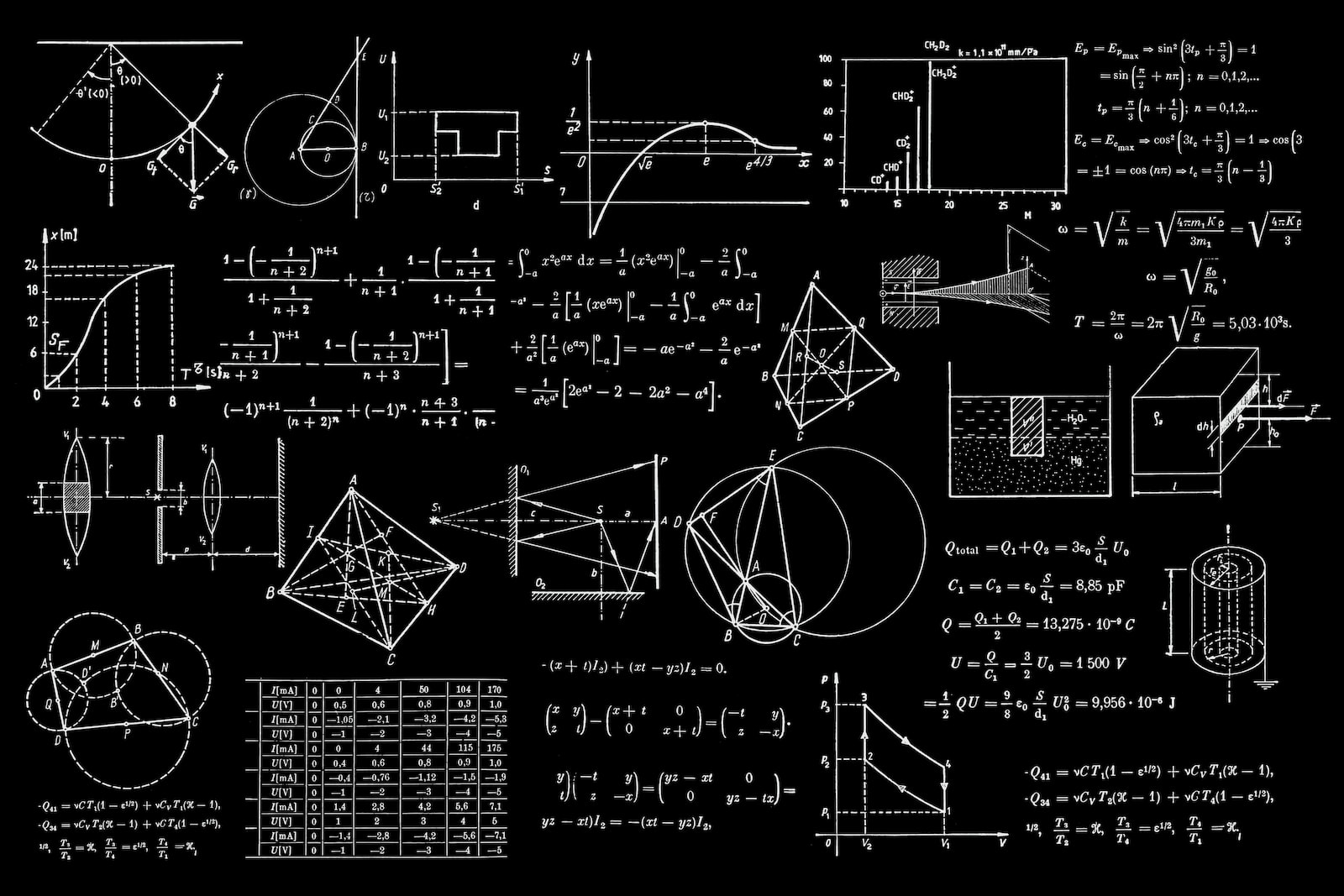
The development of quantum computers has progressed by leaps and bounds in recent years, but there are still significant challenges that need to be overcome before we can fully utilize the power of this revolutionary technology. In this article, we will explore the remaining obstacles in the field of quantum computing.
What Makes Quantum Computing So Challenging?
Quantum computing holds the promise of transforming how we process and store data. Unlike classical bits, quantum computers use quantum bits, or qubits, which have unique properties. Qubits can exist in multiple states simultaneously through a phenomenon called superposition and can also become entangled, enabling parallel computation. These characteristics make quantum computing potentially much faster than classical computing for certain types of problems.
However, quantum computing poses numerous challenges. The most significant challenge is qubit decoherence. Qubits are highly sensitive to their environment, and even small disturbances can cause them to lose their quantum properties. This phenomenon, known as decoherence, necessitates the development of new materials and computational techniques. Additionally, quantum algorithms are more complex than classical algorithms, requiring developers to approach computational problems in novel ways.
8 Remaining Quantum Computing Challenges
-
Error Correction: Quantum computers are highly susceptible to noise and errors caused by interactions with the environment. Developing reliable error correction techniques is crucial for building practical quantum computers.
-
Scalability: While quantum computers have demonstrated impressive performance for certain tasks, they are still relatively small compared to classical computers. Scaling up quantum computers to hundreds or thousands of qubits while maintaining high levels of coherence and low error rates remains a major challenge.
-
Hardware Development: Building high-quality quantum hardware, such as qubits and control electronics, presents a significant challenge. There are various qubit technologies, each with its own strengths and weaknesses, and developing a scalable, fault-tolerant qubit technology is a primary focus of research.
-
Software Development: Quantum algorithms and software development tools are still in their early stages. The field requires new programming languages, compilers, and optimization tools that can effectively harness the power of quantum computers.
-
Classical Computer Interfaces: Quantum computers are not intended to replace classical computers but rather to complement them. Developing efficient and reliable methods for transferring data between classical and quantum computers is essential for practical applications.
-
Standards and Protocols: As the field of quantum computing matures, the need for standards and protocols for hardware, software, and communication interfaces becomes evident. Establishing these standards will ensure compatibility and interoperability between different quantum computing platforms.
-
Trained Talent: The number of individuals with proper education and training to enter the quantum workforce is currently limited. Attracting and training more people to become part of the quantum workforce is crucial for advancing the field.
-
Overall Expense: Quantum computing remains an expensive endeavor. The costs associated with talent, hardware development, and supply chains pose significant hurdles. Overcoming these expenses and securing investments will be a continuous challenge for scientists and entrepreneurs in the field.
Challenging Is Not Impossible
Although the list of challenges may seem daunting, there are reasons to remain optimistic. Funding agencies, including government agencies, are investing in tackling these quantum computing challenges. Researchers are making daily advances in engineering and scientific breakthroughs to create practical quantum computers.
Progress in quantum computing will likely be achieved through incremental advancements, legislative support, and commercial successes. It will require a collective effort from researchers, funding agencies, and industry players to overcome these challenges and unlock the full potential of quantum computing.
For more insightful articles on diverse topics, visit News Explorer Today.